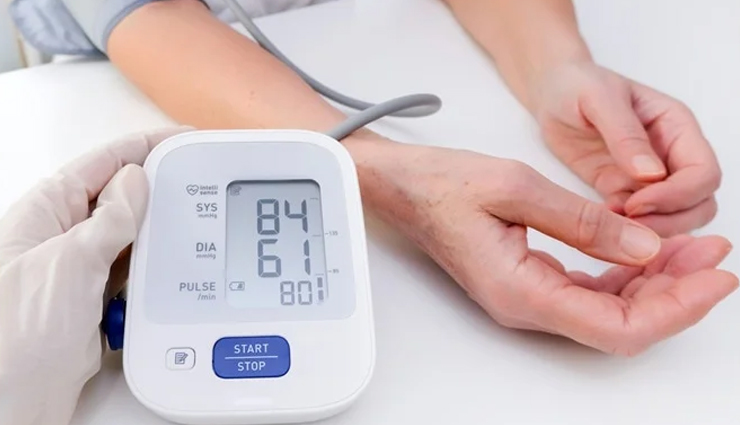- Home›
- Mates & Me›
- 8 Most Common Signs Associated With Stress-Induced Cardiomyopathy
8 Most Common Signs Associated With Stress-Induced Cardiomyopathy
By: Priyanka Maheshwari Sun, 16 June 2024 3:59:17

When your heart is broken, everything in your life seems off. Eating, sleeping, and thinking clearly become difficult. You feel deeply sad and lose hope for the future. Is this simply heartache, or could it be something more?
Broken heart syndrome is not the same as feeling heartbroken, though they may appear similar. Despite doubts, broken heart syndrome is a genuine medical condition that can arise from intense emotional stress.
Triggered by profoundly stressful and emotional experiences, broken heart syndrome—also known as stress cardiomyopathy, apical ballooning syndrome, or takotsubo cardiomyopathy—is real and temporary. The term "takotsubo" comes from the Japanese word for an octopus trap, resembling the shape of the heart's left ventricle during distress.
This syndrome can also be induced by other life events, such as prolonged illness or major surgery. In essence, stress profoundly impacts both mind and body. Heartbreak of any kind can leave you physically and emotionally drained.

# Sudden Chest Pain
Medically referred to as angina, sudden chest pain is the most common symptom of broken heart syndrome, often prompting people to seek medical help.
# Shortness of Breath
Feeling short of breath is another prevalent symptom. This can manifest as an inability to catch your breath or difficulty taking a deep breath. Chest pain and shortness of breath are typically the most immediate symptoms following a stressful event. Shallow breathing is also frequently observed.

# Low Blood Pressure
While you might not notice low blood pressure directly, symptoms such as weakness, dizziness, nausea, and blurred vision may be present. This drop in blood pressure results from stress affecting the heart.
# Irregular Heartbeat
An irregular heartbeat, known as arrhythmia, is another symptom. You might become aware of changes in your heartbeat, which can sometimes be mistaken for a panic attack, especially if accompanied by chest pain and shortness of breath. Although the affected part of the heart contracts more forcefully, unlike a heart attack, the heart muscle cells are not permanently damaged.

# Temporary Weakening of the Heart
This sign is often detected through hospital tests and is a common indicator of broken heart syndrome. The left ventricle's pumping ability may be weakened temporarily due to extreme stress, which can be observed in scans and tests.
# Fluid in the Lungs
In severe cases, fluid may accumulate in the lungs. This symptom is typically identified clinically and may not be noticeable to you.
# Loss of Appetite
A broken heart can cause your body to shut down, leading to a lack of appetite. The adrenaline coursing through your system makes eating unappealing and can even cause nausea.

# Reduced Food Intake
With a decreased appetite, you might eat much less than usual, perhaps only managing a small amount of food, like an apple or a piece of toast. This inadequate intake can cause your body to start conserving energy, resulting in reduced mobility and lethargy.
# Overeating for Comfort
Conversely, some people might overeat as a form of emotional comfort, indulging in favorite junk foods to fill the emotional void caused by heartbreak. This can lead to significant weight gain, which is also unhealthy.





